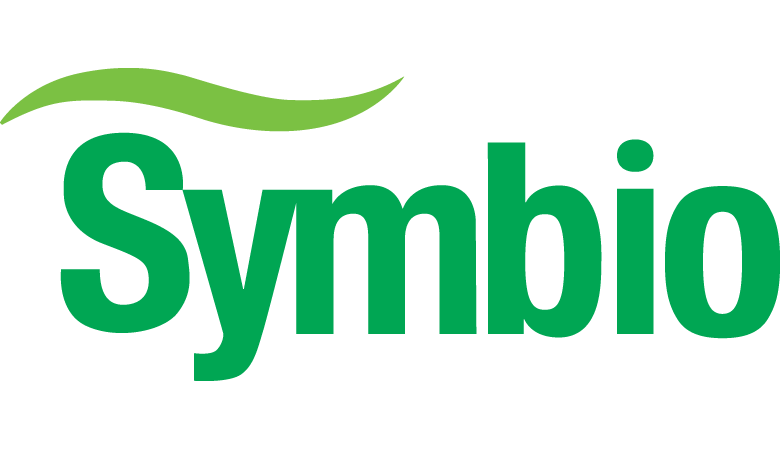Symbio Compost Tea
Compost TeasSymbio Compost Teas are highly concentrated microbial solutions containing a wide variety of beneficial bacteria, fungi and other soil microorganisms that promote biologically active soils and healthy plants. To compliment their effectiveness a range of Symbio Biostimulants, which include Fish Hydrolysate that has an NPK of 8.7.7 and contains a multitude of natural trace elements; 50% Seaweed comprised of naturally occurring macro and micro elements, amino acids and an array of organic compounds; along with CMS Shoot with a 5.0.2 NPK and a vast range of amino acids and organic elements, can be added.
The trial was conducted over a seven month period, between November 2012 and May 2013, in a production warehouse to mimic the ambient conditions found in a green keepers shed during the brewing months, March - October. The Symbio Compost Teas were brewed in a 15 L brewer, with 300g of Symbio compost and 45g of the starter nutrients. These amounts were calculated based on the actual requirements of a standard Symbio 200 L brewer. For the duration of the bacterial trial the ambient air temperature averaged 13°C, with an average water temperature of 11°C. The maximum length of brewing was 21.5 hours and bacterial counts were performed at 16.5 and 21.5 hours respectively. Similarly, the fungal trial was also conducted using the same components above. However, because fungal growth and development is much slower than bacteria and they prefer warmer temperatures, the brewers were placed in a hydroponics growth tent. This allowed the ambient and water temperatures to be regulated and maintained at a higher temperature than that of the surrounding warehouse facility. Consequently, the ambient air temperature for the fungal trial averaged at 20°C, whilst the water temperature reached an average of 18°C. The maximum length of brewing for the fungal trial was increased to 47.5 hours and fungal counts were conducted at 23.5, 41.5 and 47.5 hours respectively.
The ‘Master’ brews were comprised of four brews each containing 300g of Symbio compost, 45g of the starter nutrients but the addition of 7.5ml of either Symbio Fish Hydrolysate, 50% seaweed or CMS Shoot was added to three. Four replicates of all treatments were completed for the bacterial and fungal population counts, 144 trial runs in total. Bacterial numbers were calculated using a haemocytometer with a dilution factor of 100 per ml of sample, this was then extrapolated to represent the number in 200 L. Bacteria were stained for ease of identification using Crystal Violet stain. Fungal hyphae and spores were counted from 1ml of each sample and then the figures were extrapolated. A sample taken from the middle of the brew resulted in the highest bacterial counts, whilst the greatest numbers of fungal propagules were recorded from the bottom of the brew.
Results
In the ‘Master’ brew the bacteria exhibited greater proliferation when 100ml of 50% Seaweed was included. The bacterial count was approximately 2.8557726 x 1014 (285,577,260,000,000 = 285 trillion (million millions)) compared to 2.6071667 x 1014 produced by the control.
However, the addition of 100ml of Fish Hydrolysate and CMS Shoot both resulted in bacterial numbers lower than the control at 2.0303283 x 1014 and 1.40533 x 1014 respectively (Fig 1a.).
The fungal growth followed a similar pattern to that of the bacteria, with the highest fungal count of 14.82940566 x 107 (148,294,056.6 = 148 million) being obtained when addition of 100ml of 50% Seaweed was included in the brew. Yet, in this case the addition of Fish Hydrolysate and CMS Shoot also stimulated fungal growth in comparison to the control; recording fungal numbers of 11.0933056 x 107 and 13.20130033 x 107 and 7.29998175 x 107 respectively (Fig 1b.).
Conclusions
The addition of biostimulants proved to be beneficial for both bacterial and fungal growth. A comparison of all the data showed that the best biostimulant was 50% Seaweed. This dramatically enhanced fungal spore and hyphal numbers, which will be extremely beneficial in promoting fine grasses, thatch degradation and a healthy soil profile.
Get in touch
Please get in touch if you would like more information about Symbio’s products and services, or if you would like to discuss working together on your next project.
